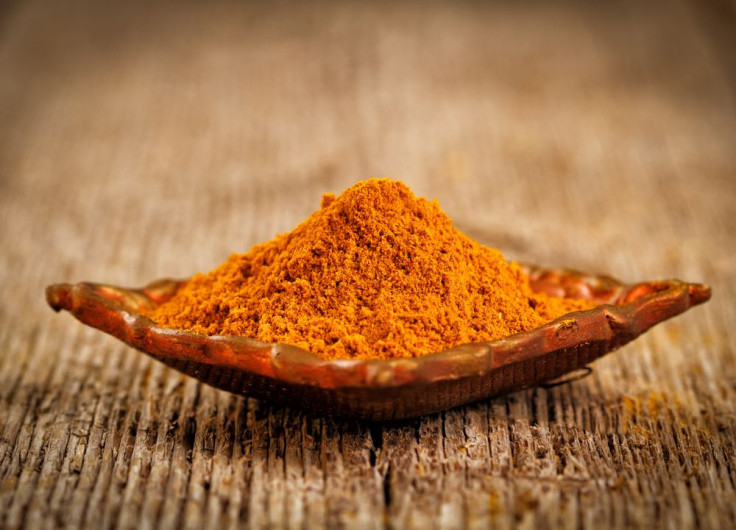Stop Breast Cancer With Curry: Compound Curcumin Shrinks Tumors, Slows Growth

Curcumin, which gives curry powder its yellow pigment, has been shown to inhibit the size and growth of breast cancer, illuminating a surprising way to fend off the disease that killed nearly 40,000 U.S. women last year.
Dr. Ramesh C. Gupta, a researcher at the University of Kentucky and corresponding author of the new study, told The Daily Mail that he and his colleagues analyzed the effect of a curry diet as well as a so-called “curry implant” on a rat model of breast cancer. “Curcumin is widely known for its anti-oxidant and anti-inflammatory activities,” he explained. “The implants resulted in significant reduction in both the tumour multiplicity and tumour volume. But the dietary curcumin was ineffective.”
The study, which is published in the journal Cancer Prevention Research, comes in response to previous papers that have found curcumin to be anti-cancerous but ultimately failed to harness these benefits in a viable therapy model. The main problem has been to find a delivery method in which the spice doesn’t get broken down in the stomach right away. According to the authors, the new study circumvents this altogether by introducing the “curry implant” — a two-millimeter capsule loaded with 200 milligrams of curcumin and surgically inserted at the tumor site.
In an experiment with rats, the implant was shown to reduce the size of tumors by more than 30 percent. In addition, the curcumin slowed down the rate at which the cancer cells reproduced. Gupta and colleagues believe that the inhibitive effect stems from the spice’s ability to block the hormones that otherwise feed the cancer growth.
Curcumin and Breast Cancer
With around 200,000 new patients and 40,000 deaths each year, breast cancer is currently the second most deadly cancer among women in the U.S. It is estimated that one in every eight women will develop the disease at some point in their life. While the cause remains unknown, risk factors include early puberty, late menopause, and certain genes. Lifestyle factors like calorie intake and alcohol consumption have also been implicated in higher risk for diagnosis.
The new study dovetails with a number of recent studies investigating new preventative strategies against breast cancer, ovarian cancer, and other types of tumors associated with poor prognosis. Another example is a paper from the National Cancer Institute, in which researchers show that a daily aspirin may help cut the risk of ovarian cancer by as much as 20 percent. Scientists hope that these efforts will eventually lead to more robust prevention strategies against some of our most deadly cancers.
Source: Bansal SS, Kausar H, Vadhanam MV, Gupta RC. Curcumin Implants, Not Curcumin Diet Inhibits Estrogen-Induced Mammary Carcinogenesis in ACI Rats. Cancer Prevention Research. 2014.
Published by Medicaldaily.com



























